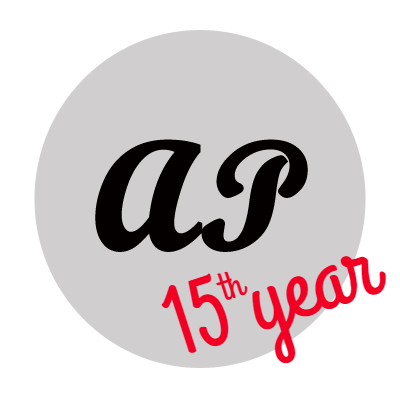Special Issue, December 2019

Contents
ABSTRACT. The article argues that the capitalist-politicians who came into power after the 2008 crisis brings about a new tendency in state government in which the government is identified with the capitalist class and the latter’s certain fractions are more directly related to the state power; and this entails the disappearance of the supposed autonomy of the capitalist state. To prove this argument, the article examines the examples of Donald Trump and Recep Tayyip Erdoğan regarding the political power-capitalist class relations: the ...
Yasin KARA: THE RISE OF POPULISM IN FRANCE: AN ANALYSIS (2008-2018) (Turkish)ABSTRACT. What is the relationship between the 2008 Financial Crisis and the rise of populist movements in the following period? This question, which will be discussed in the study, will be answered by focusing on the triggering role of the crisis. In France, which constitutes the selected case study for this research, the political power has changed hands three times during the period following the crisis. Although their place in the political spectrum seem different, these three powers have had something in common: they have tried to solv...
Göksu UĞURLU: INTERNATIONAL REGULATION AND THE TRANSFORMATION OF THE STATE: ON “DOING BUSINESS” REPORTS OF THE WORLD BANK (Turkish)ABSTRACT. This article aims to analyze the meaning and significance of Doing Business reports which have been published since 2004 by the World Bank. These reports provide a significant data set in order to understand the global demands and aims of the international capital, therefore of the imperialist practice. For this purpose, the article firstly discusses the transformation demands coming from different fractions of capital during the internationalization processes both of the capital and of the state, and the place of the World Bank in ...
Gülriz ŞEN: STATE, CAPITAL AND CLASSES IN IRAN: AN APPRAISAL OF THE IMPACT OF NUCLEAR SANCTIONS (Turkish)ABSTRACT. This article aims to probe the impact of nuclear sanctions upon state, capital and social classes in the Islamic Republic of Iran. It will reflect on the social dimensions of sanctions instead of the much discussed geopolitics of sanctions, which evaluate the impact of these punitive measures mainly through change or continuity in state behavior. Building on Historical Sociology’s theme of the constitution of the domestic by the international, this study will focus on the structural transformation of state-society complex th...
Melek HALİFEOĞLU: WHICH HEGEMONY PROJECT? THE JUSTICE AND DEVELOPMENT PARTY AND THE CHALLENGES OF CAPITAL ACCUMULATION IN TURKEY (Turkish)ABSTRACT. This work analyzes the practices of the Justice and Development Party (AKP) governments with a special reference to Bob Jessop’s concept of two-nations hegemonic project. In this context, this work tries to explain the New Right’s understanding of state and the neoliberal economic policies that have been put into practice since the 1980s, and the two nations hegemonic project of the AKP rule. The AKP rule is classified into three periods: a) the formation of two-nations hegemonic project between 2002-2010; b) the...
Çağrı ÇARIKÇI: DEPOLITICIZATION OF THE ECONOMIC MANAGEMENT: THE CASE OF TURKEY IN THE POST-2008 ERA (Turkish)ABSTRACT. This paper focuses on the reactions given by the state in Turkey to the financial crisis of 2008 in terms of economic policies. First, the concept of depoliticization is analyzed with a theoretical perspective ensuing from the Marxist state theory. Afterwards, the tendencies of transformation in the economy of Turkey starting from the 1980s are briefly explained and the policy decisions and the contradictions of this process are discussed from the perspective of depoliticization. One of the dominant themes in the 1990s when neolib...
Funda HÜLAGÜ: INTERVIEW WITH JOHN KANNANKULAMProf. Dr. John Kannankulam teaches critical political economy at the Philipps University of Marburg, Germany. He is a former student of Joachim Hirsch, one of the most famous contributors in the West German state derivation debate. Prof. Kannankulam’s research area focuses on the political economy of the European Union and Germany. Recently, together with his research associates they proposed the heuristic device of “historical materialist policy analysis” (Capital and Class, 2014). Thus, they would argue, the students of the Marxist state an...
or
Download the Current Issue
top of the page







